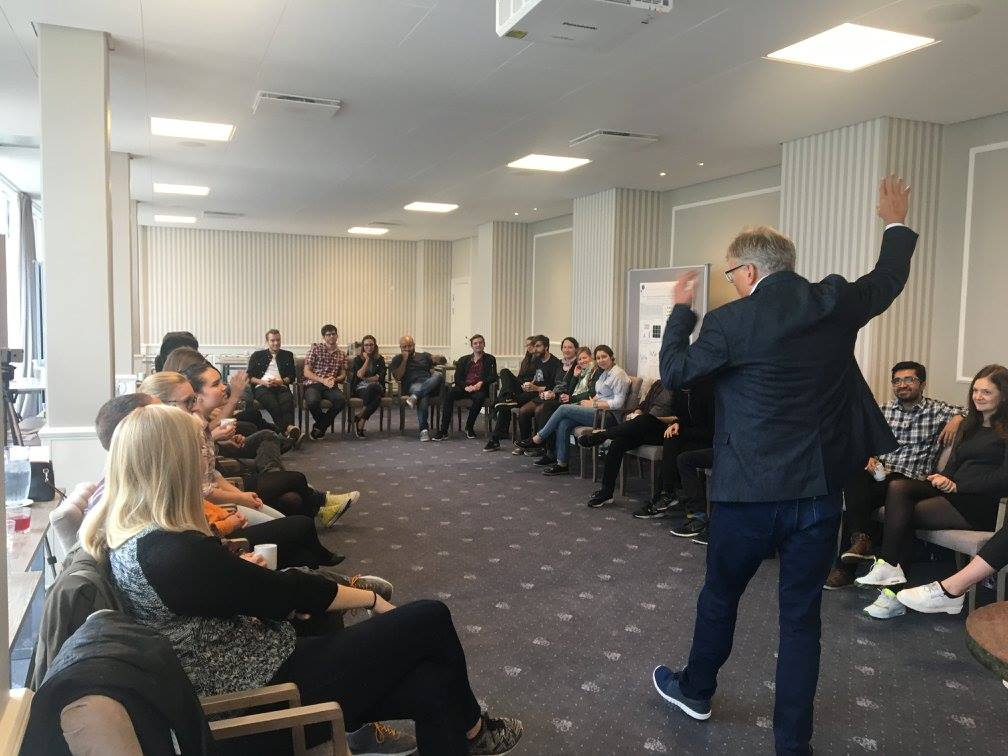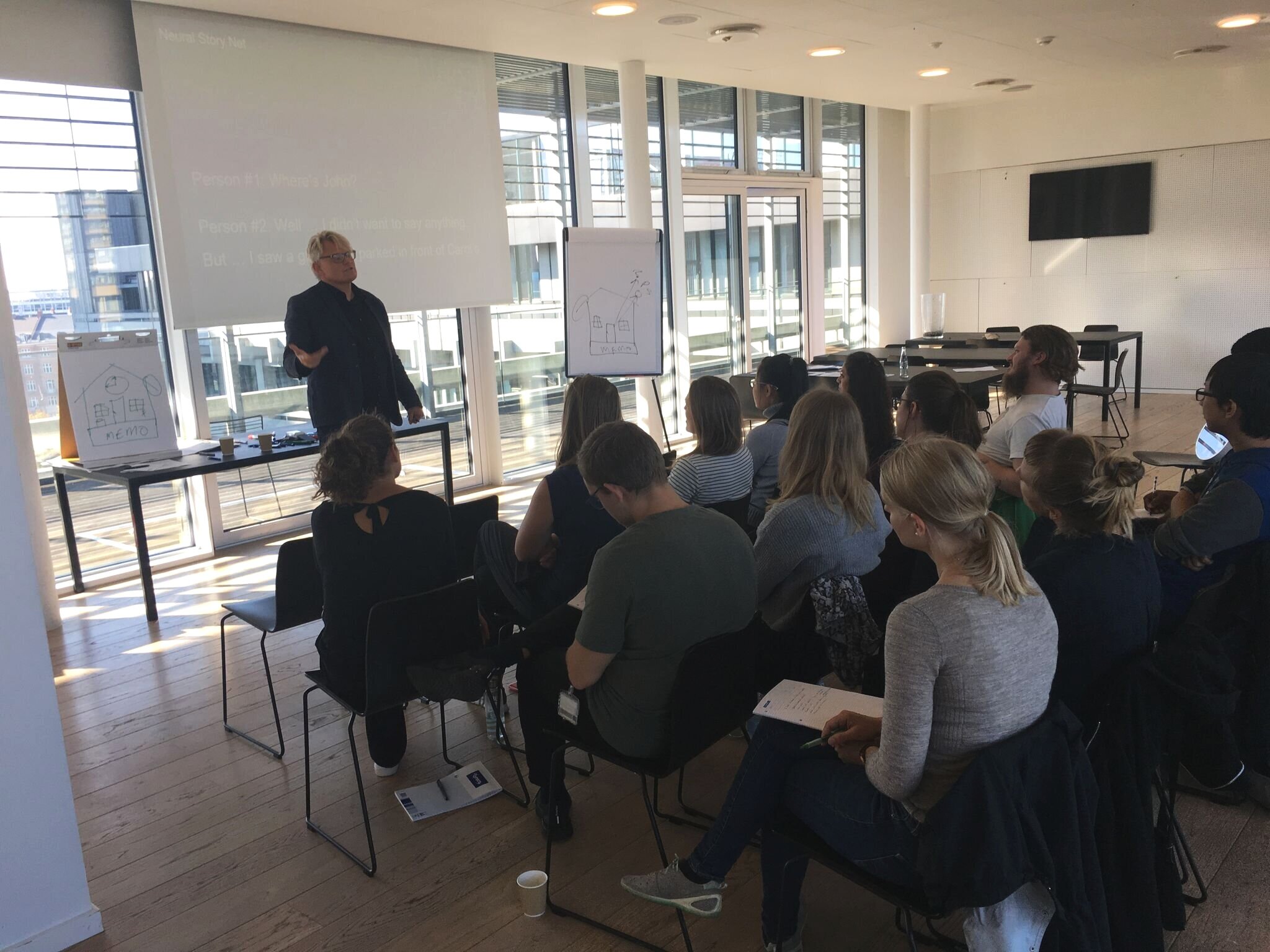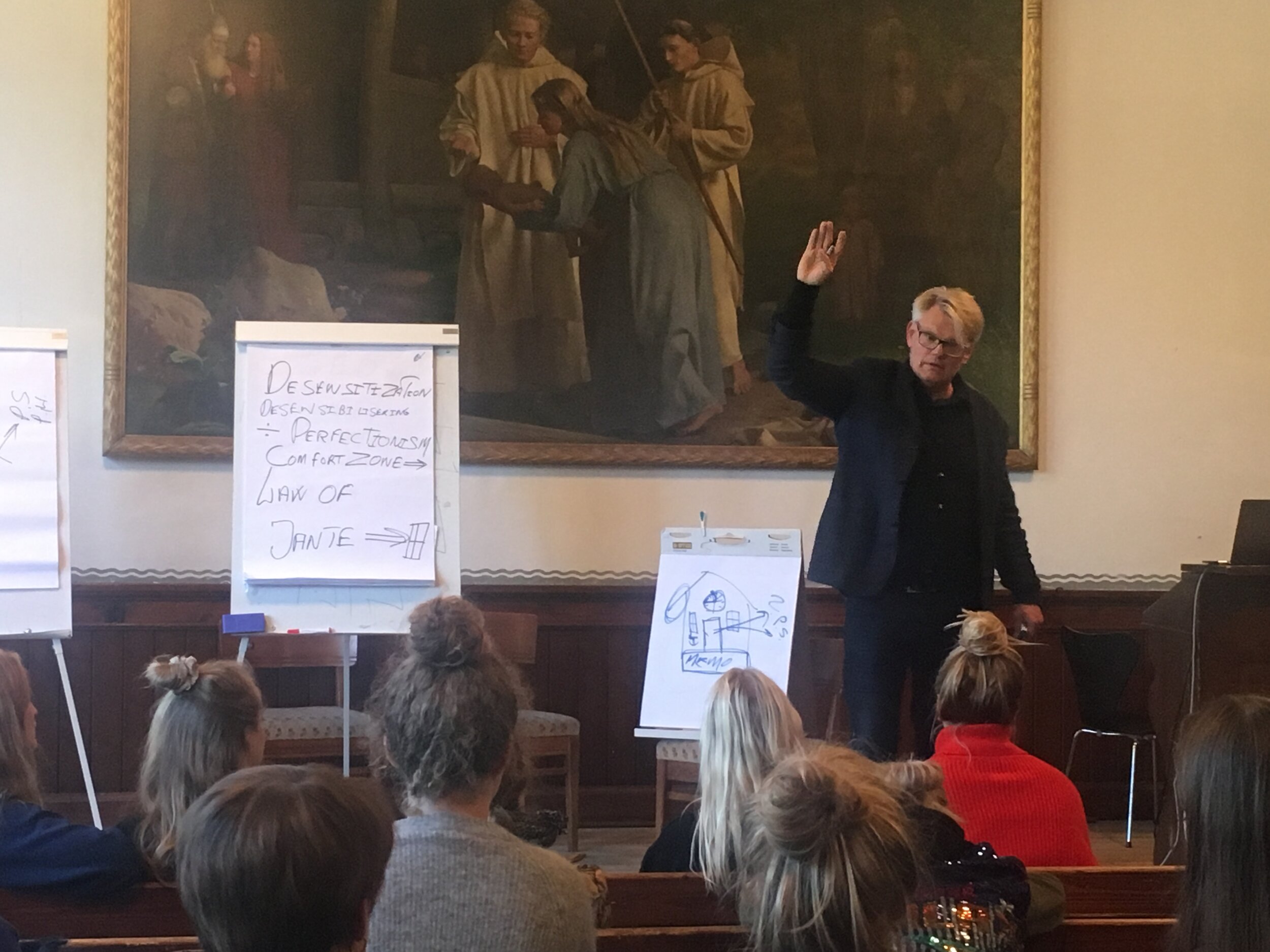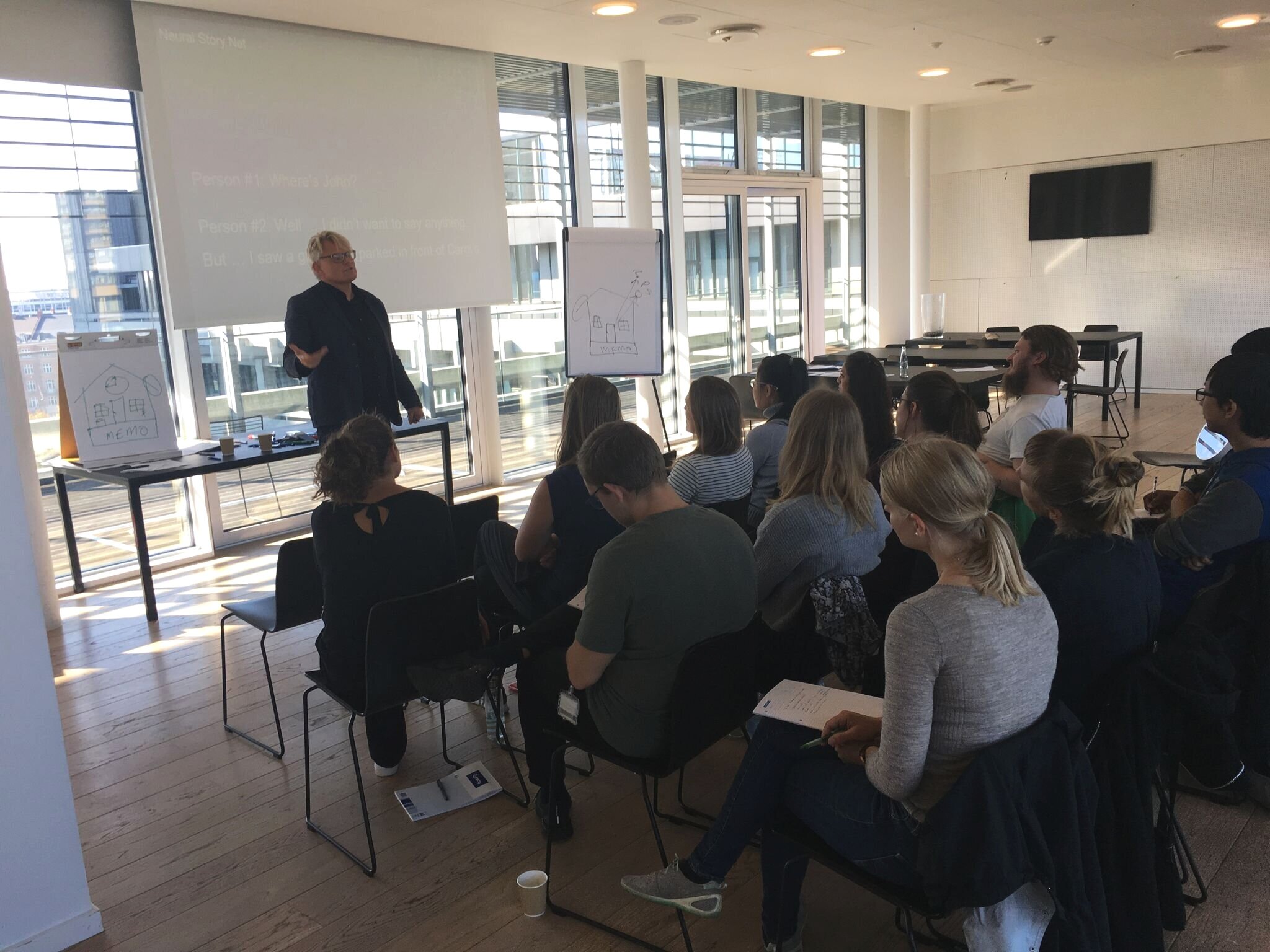
Feedback culture
In any organization, feedback and a healthy feedback culture form the cornerstone of success and collaboration. Understanding the difference between genuine and insincere feedback is crucial for creating an environment where employees thrive and grow.
The Importance of a good feedback culture in companies
In any organization, feedback and a healthy feedback culture form the cornerstone of success and collaboration. Understanding the difference between genuine and insincere feedback is crucial for creating an environment where employees thrive and grow.
Genuine Feedback vs. Insincere Feedback
Genuine feedback is constructive, specific, and formulated with the purpose of helping the employee improve. It focuses on concrete actions or results and often includes suggestions for future enhancements. Genuine feedback is positively oriented and serves as a tool for personal and professional development.
On the other hand, insincere feedback is often vague or superficial. It lacks concrete examples and may even be manipulative or hide the truth. Insincere feedback might prioritize pleasing over helping the employee grow, and it can undermine trust and hinder real development.
The Essence of a Healthy Feedback Culture for Collaboration
A healthy feedback culture is essential for effective collaboration among colleagues. When genuine feedback becomes an integral part of a company's DNA, it creates an atmosphere of trust and openness. Employees feel comfortable sharing their ideas, challenges, and successes, knowing that feedback is given with the intention of growth and improvement.
This culture not only promotes individual development but also strengthens collaboration across departments. Employees learn to appreciate the diversity of perspectives and experiences, creating a dynamic environment where innovation flourishes. Genuine feedback becomes a valuable source of learning, laying the foundation for an organization that continually adapts and improves.
Furthermore, a healthy feedback culture creates a platform for constructive dialogues and solutions. Employees are encouraged to discuss challenges and find common solutions without fear of negativity. This contributes to building a positive and collaborative workplace where everyone strives toward common goals.
In summary, genuine feedback and a healthy feedback culture are key to building a harmonious and productive work environment. Companies that embrace honest and constructive feedback not only create opportunities for individual growth but also strengthen the foundation for a strong, collaborative team.
What will your team get out of a 5-hour feedback workshop?
In a 5-hour workshop on feedback and feedback culture, participants can gain valuable insights and skills that contribute to fostering a positive and constructive environment within a team or organization. Here are some key takeaways:
Overall, a 5-hour workshop on feedback and feedback culture is a condensed but intensive opportunity for participants to develop skills, gain awareness, and set the groundwork for creating a positive and growth-oriented workplace culture.
Understanding the Principles of Effective Feedback:
Participants will learn the fundamental principles of effective feedback, including clarity, specificity, and constructive language. This understanding provides a foundation for delivering feedback that is actionable and well-received.
Differentiating Between Constructive and Destructive Feedback:
Participants will learn to distinguish between constructive and destructive feedback. This involves recognizing the importance of feedback that focuses on improvement rather than criticism, fostering a culture of continuous learning.
Developing Active Listening Skills:
Active listening is a crucial component of effective feedback. Participants will engage in activities and exercises to enhance their active listening skills, ensuring that they comprehend and respond thoughtfully to the feedback they receive.
Practicing Feedback Delivery and Receiving:
The workshop will provide opportunities for participants to practice delivering constructive feedback and receiving it. These practical exercises help individuals build confidence in providing feedback and cultivate openness to receiving input from others.
Building a Positive Feedback Culture:
Participants will explore strategies for building and maintaining a positive feedback culture within their teams or organizations. This includes creating an environment where feedback is encouraged, appreciated, and viewed as a catalyst for growth rather than criticism.
Addressing Challenges in Feedback Situations:
The workshop may cover common challenges encountered in feedback situations and provide strategies for overcoming them. This could include handling resistance to feedback, managing emotional reactions, and navigating difficult conversations.
Setting Goals for Continuous Improvement:
Participants will be encouraged to set personal and team goals for incorporating feedback into their daily work. This involves establishing a plan for continuous improvement based on the insights gained during the workshop.
Enhancing Team Collaboration:
A focus on feedback culture contributes to improved team collaboration. Participants will explore how effective feedback fosters a sense of trust and mutual respect among team members, leading to better communication and collaboration.
Exploring Technology Tools for Feedback:
Depending on the workshop's format, participants may be introduced to technology tools designed to facilitate feedback processes within teams. This could include platforms for anonymous feedback or collaborative feedback systems.
Creating Action Plans for Implementation:
Towards the end of the workshop, participants will be guided in creating action plans for implementing what they've learned. This includes identifying specific steps to integrate feedback principles into their daily work and team interactions.
Contact information
If you have any questions regarding this workshop, feel free to write an e-mail or give me a call.
asbjornspeaks@gmail.com
(+45) 29 92 18 33



